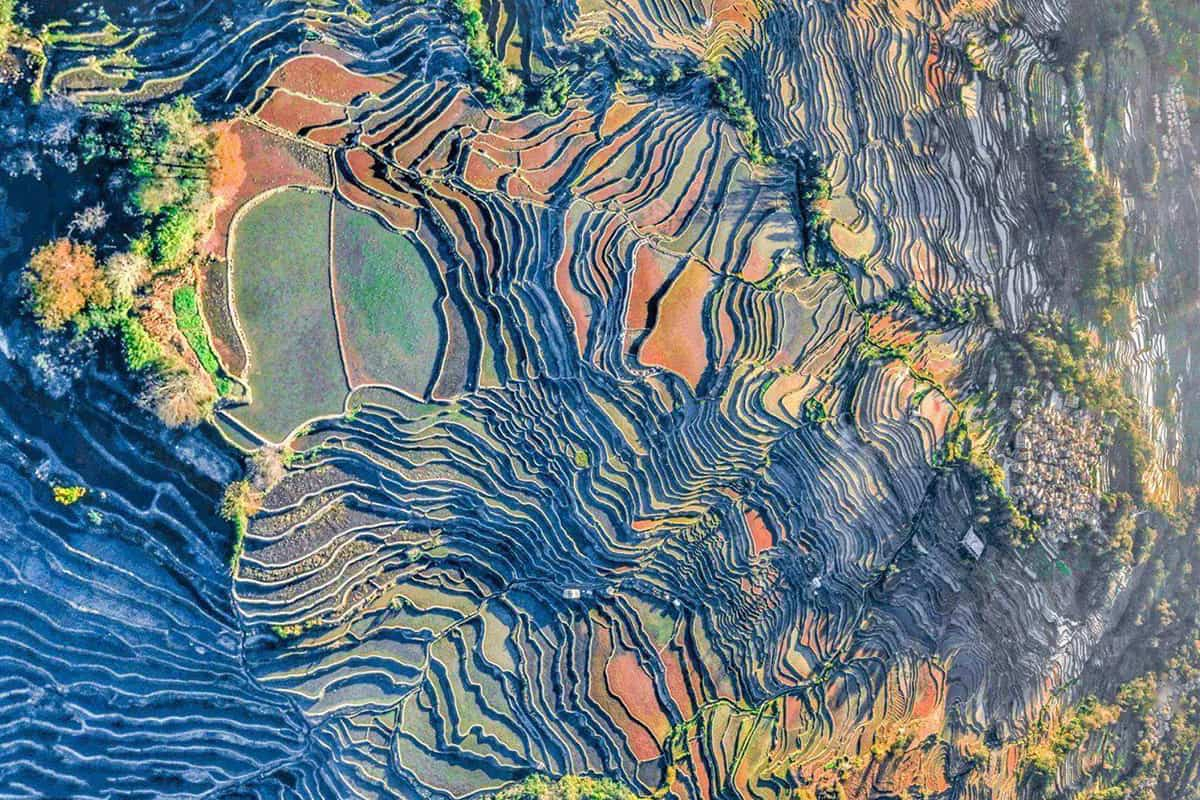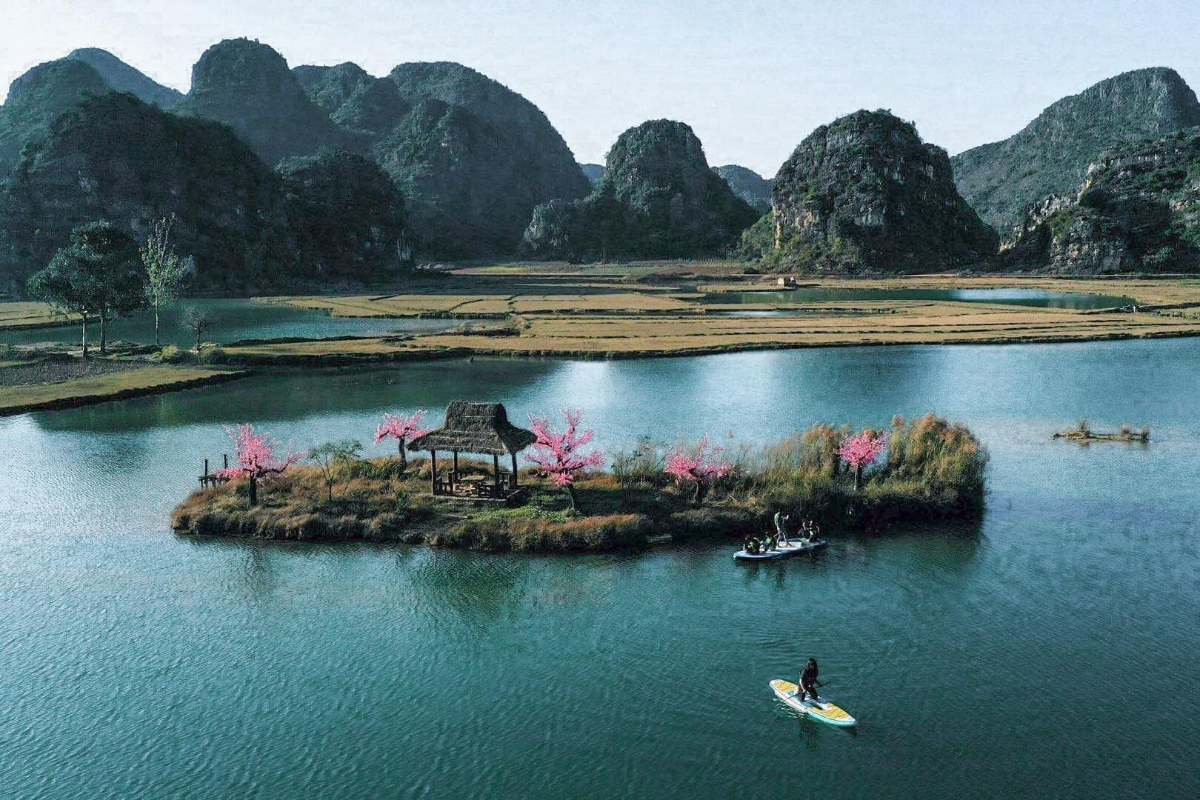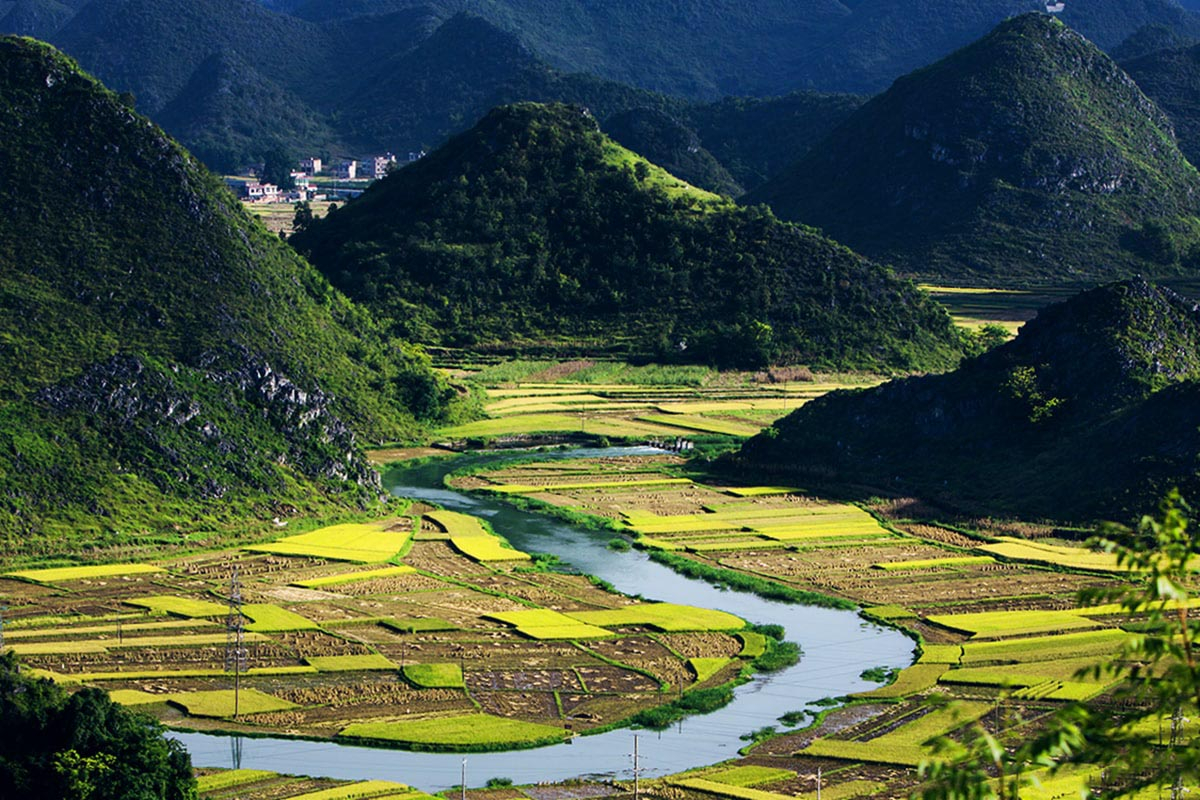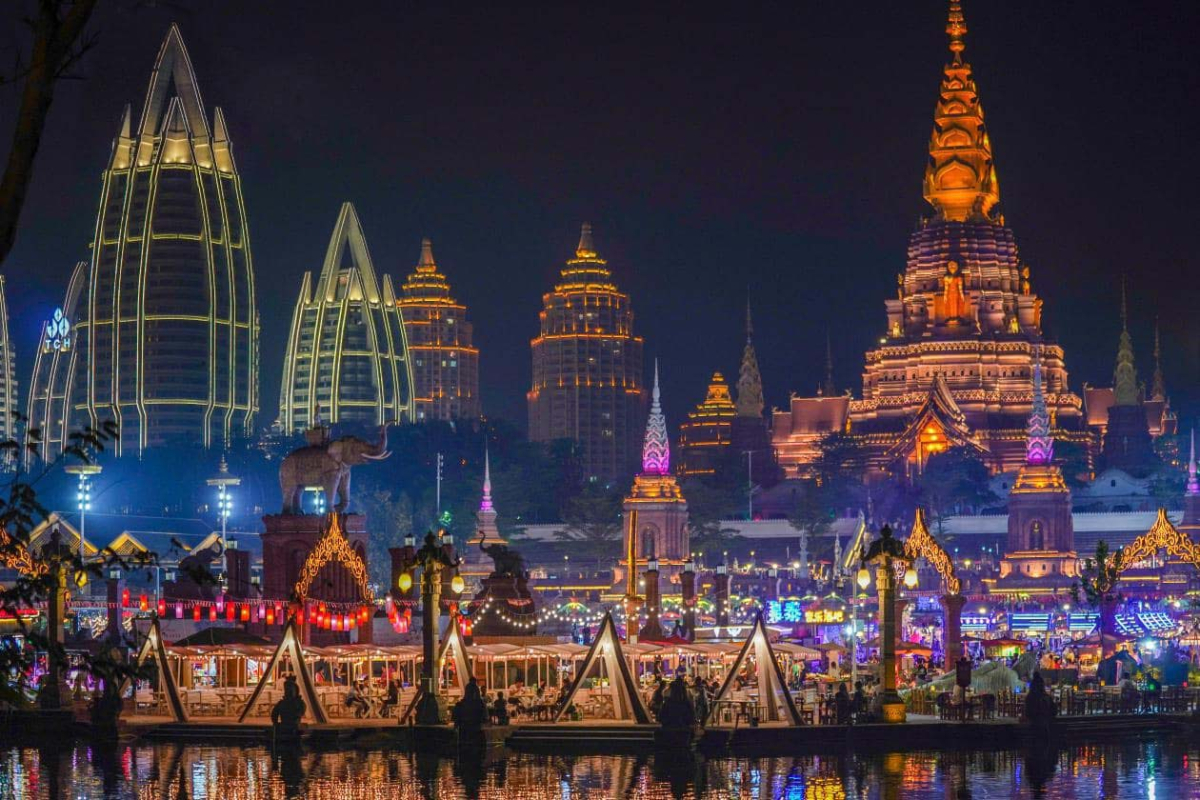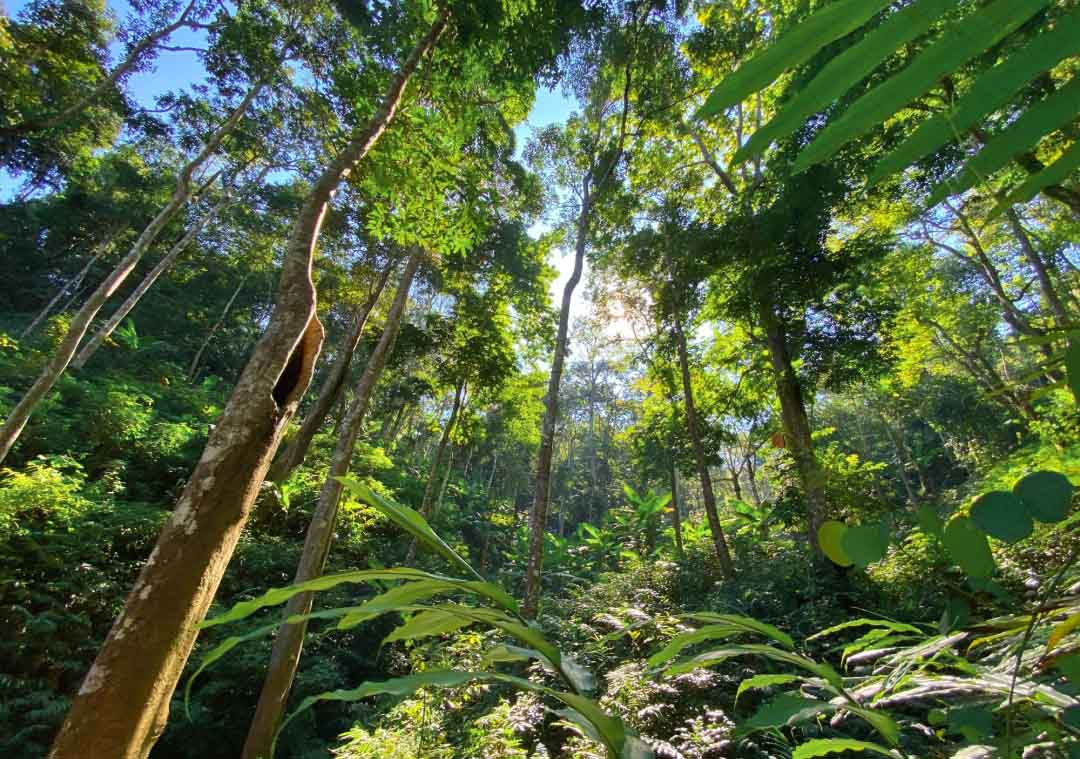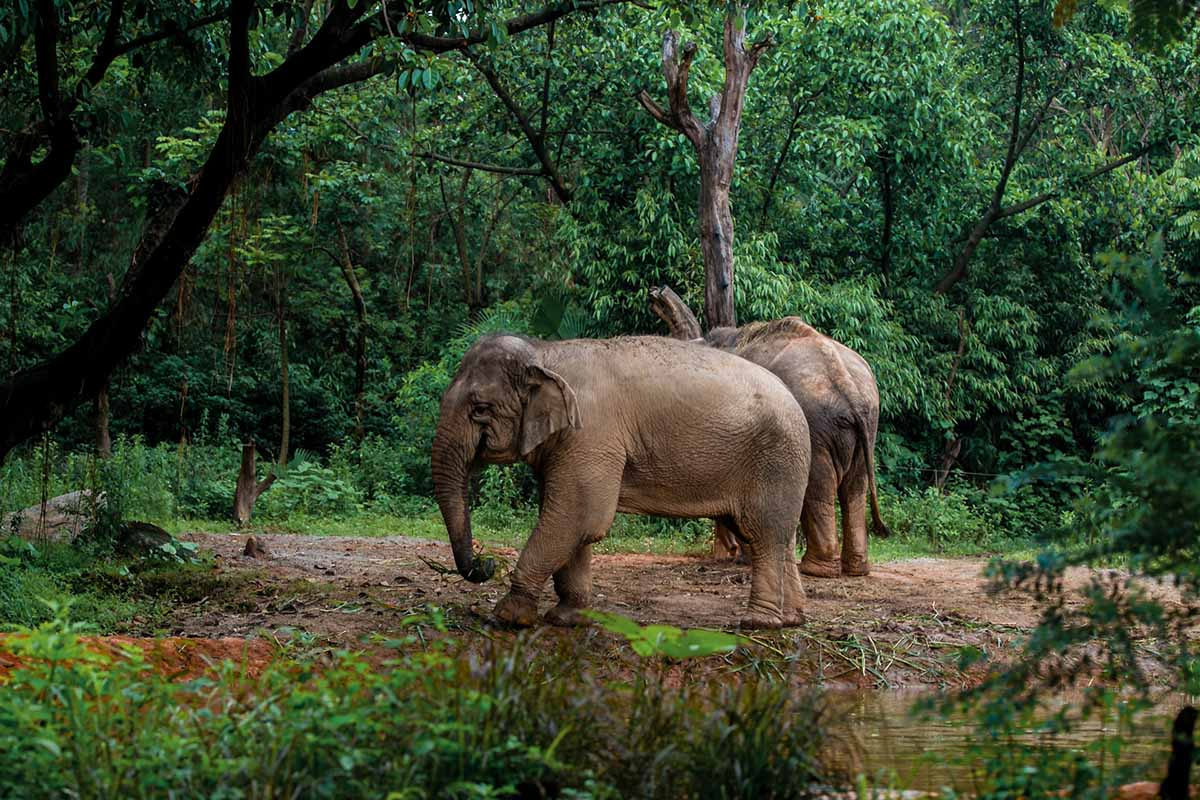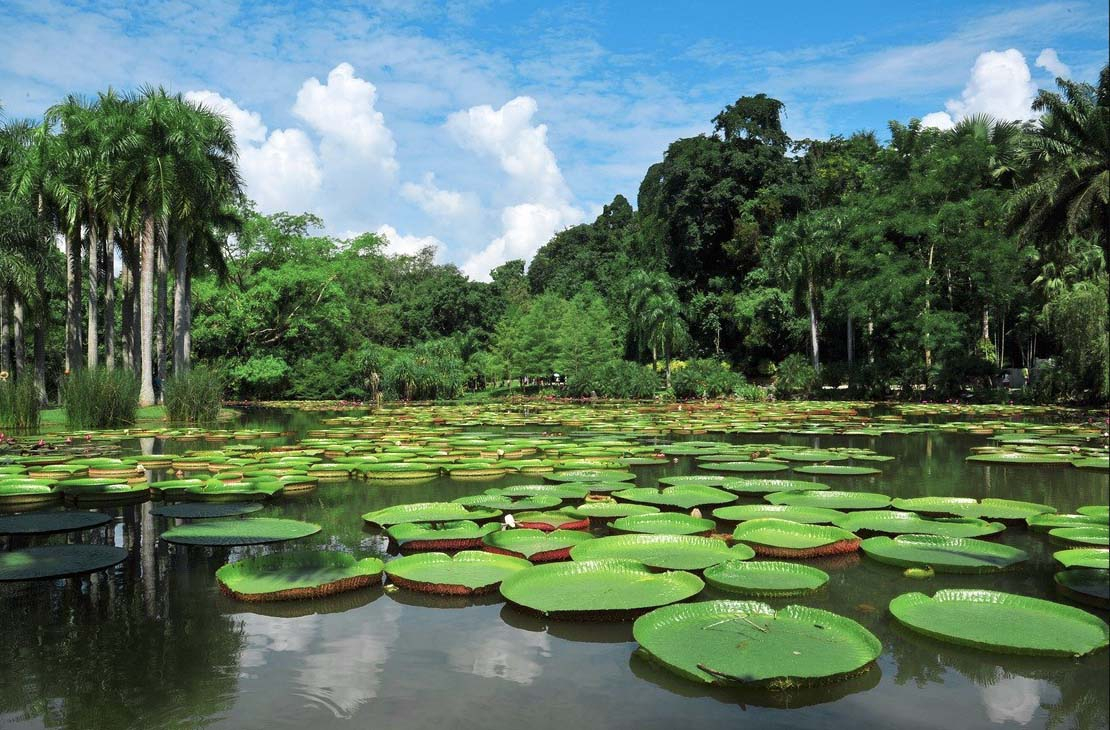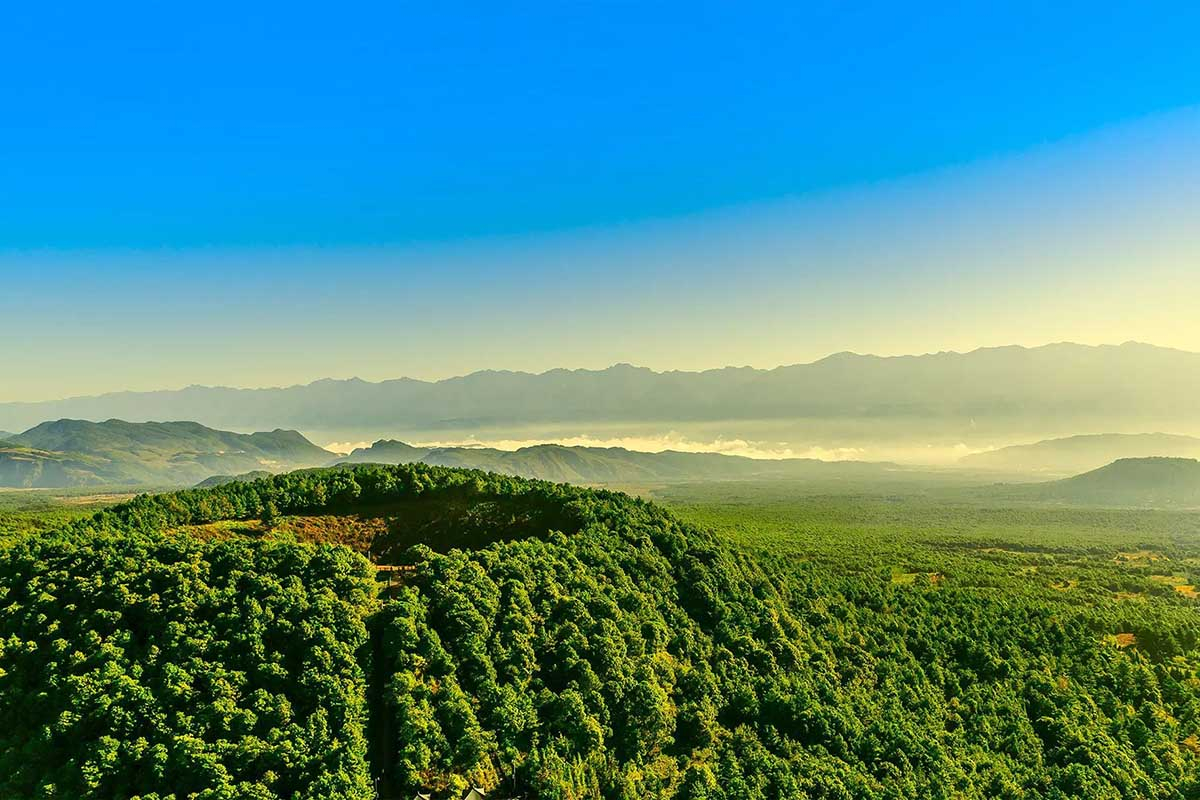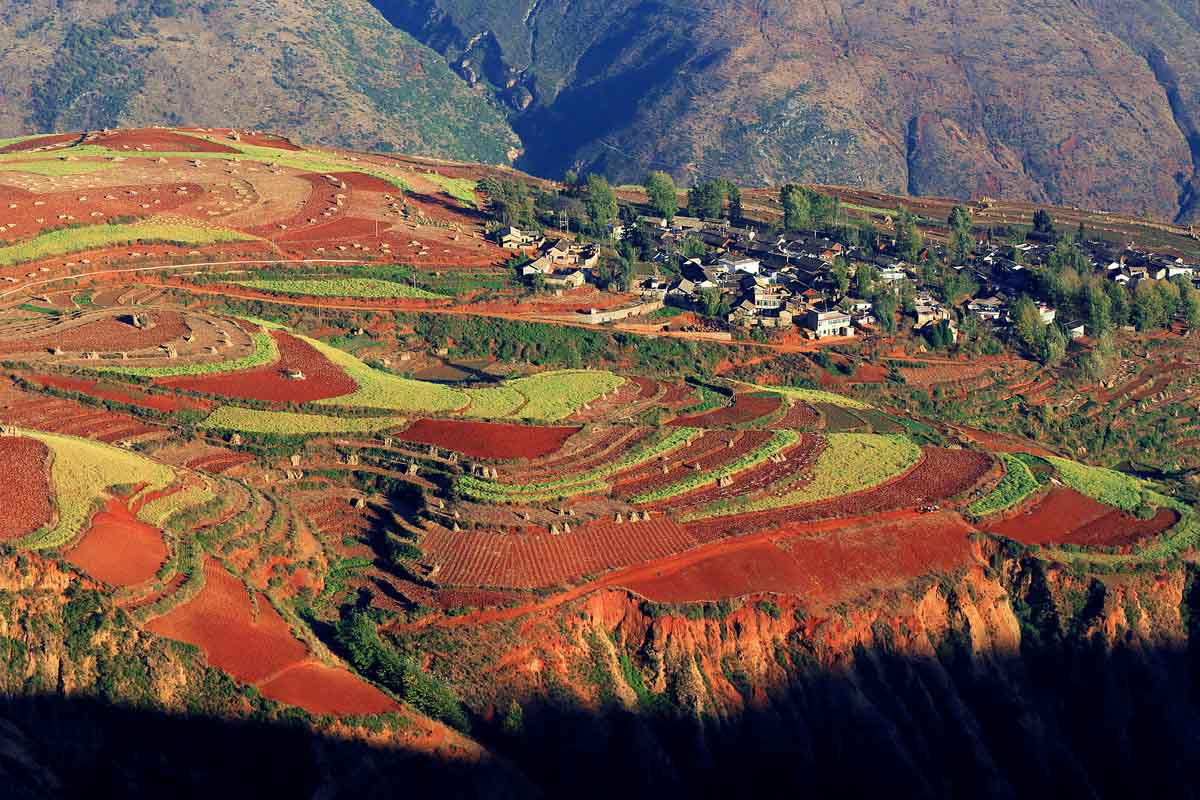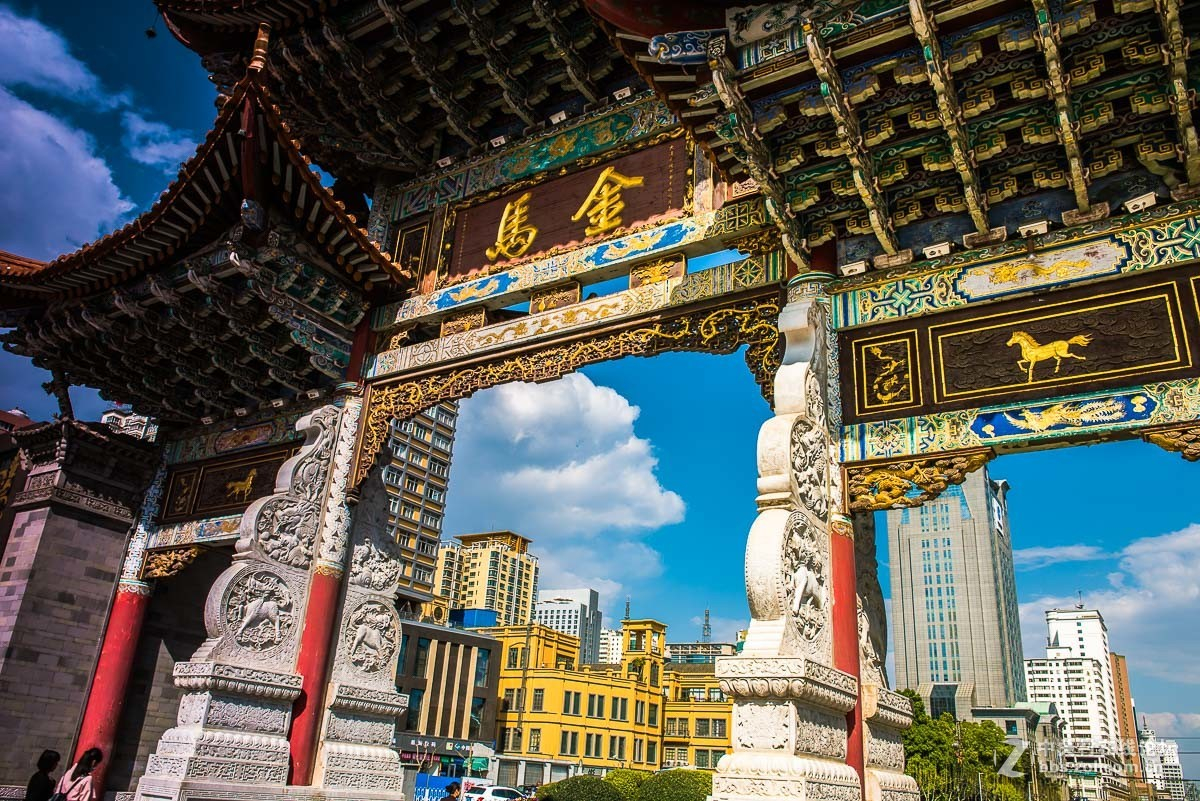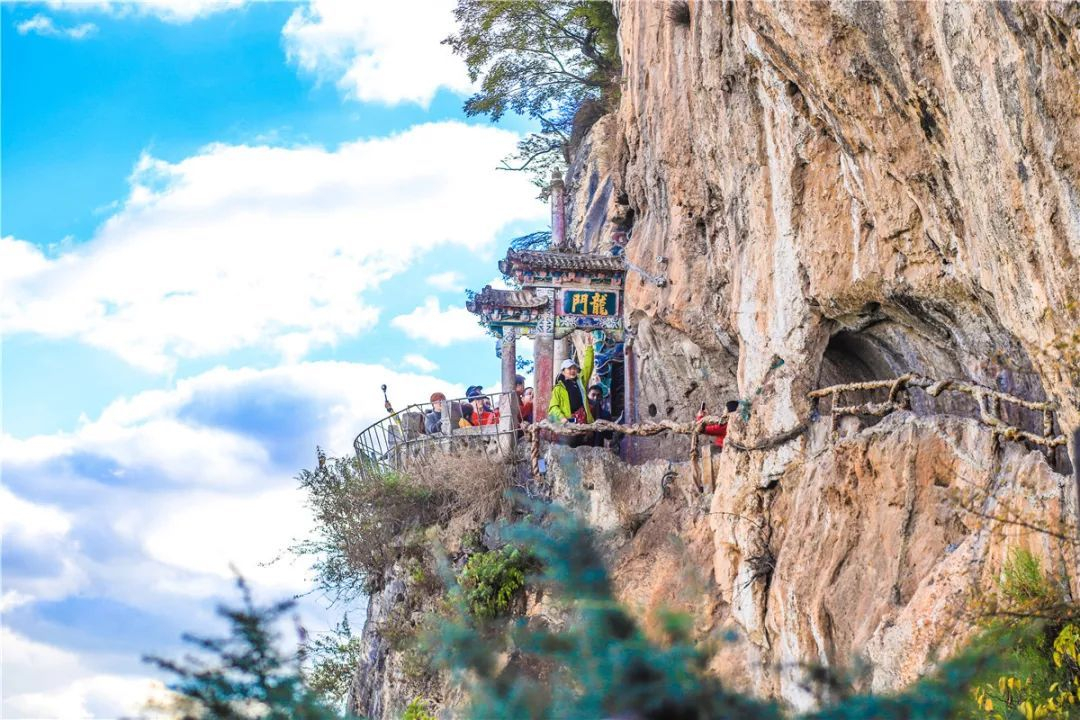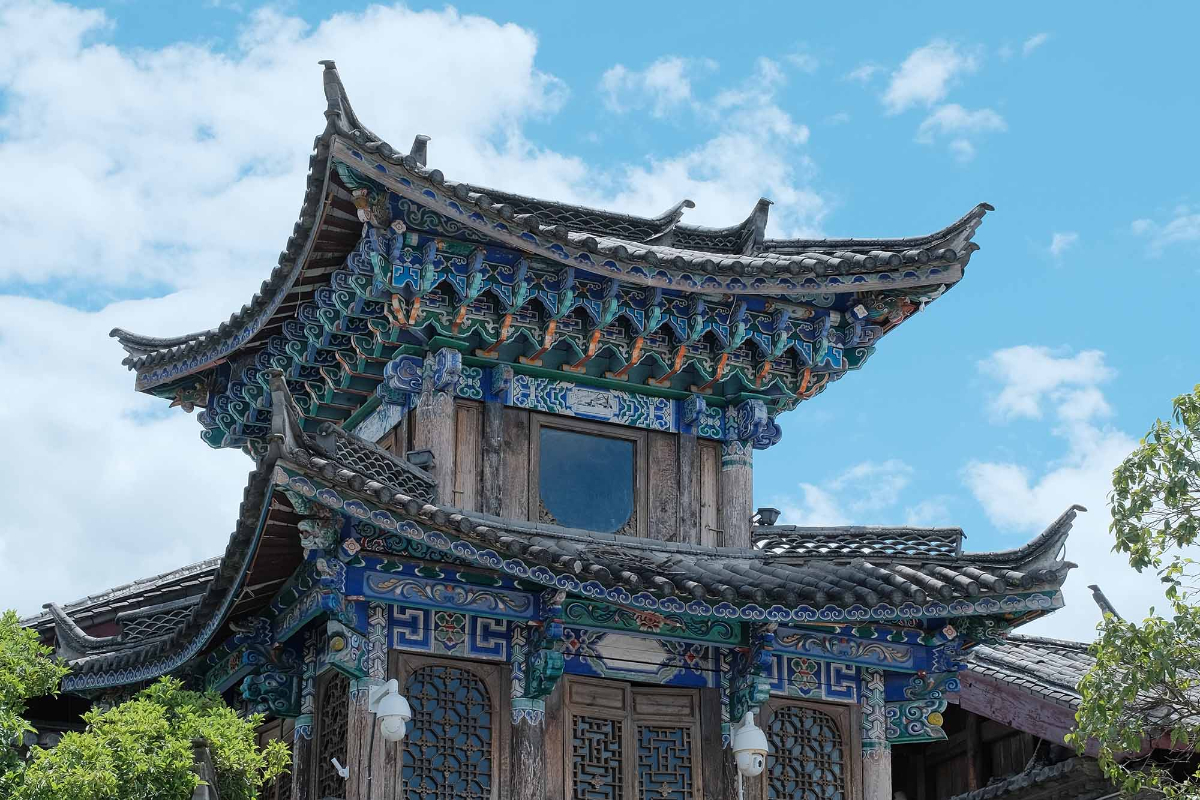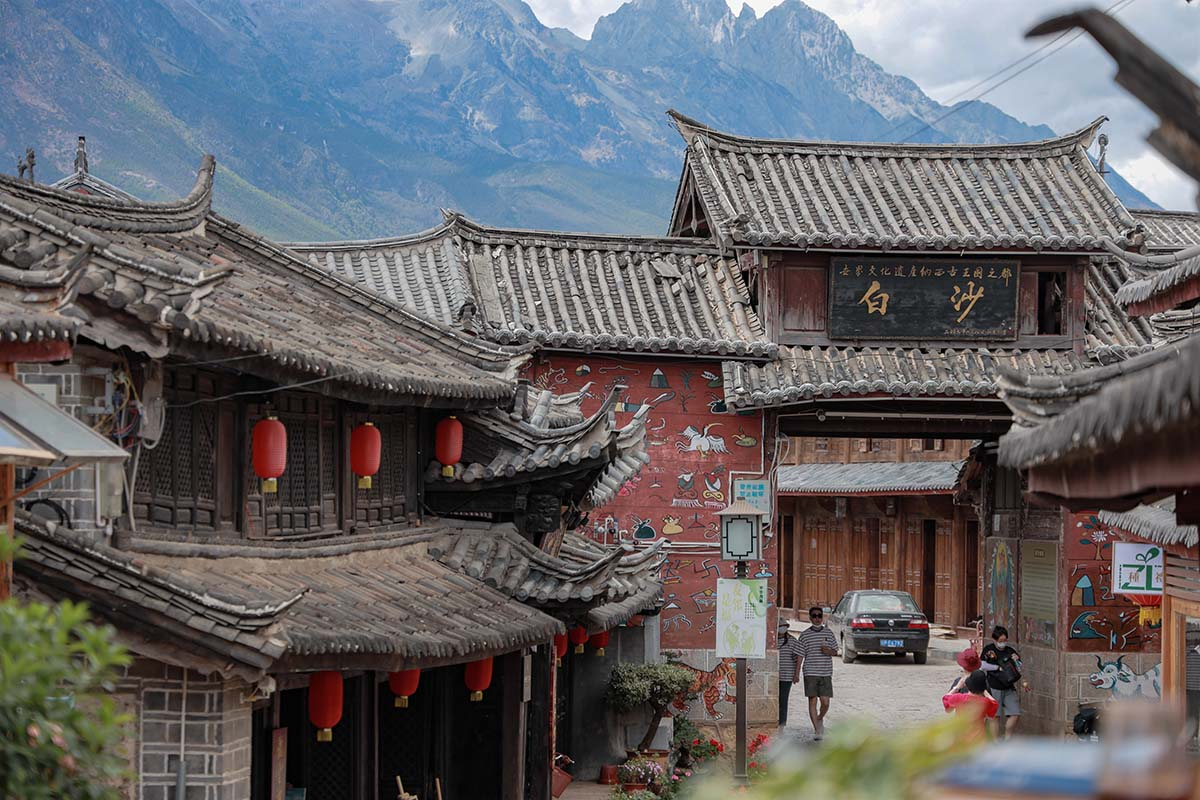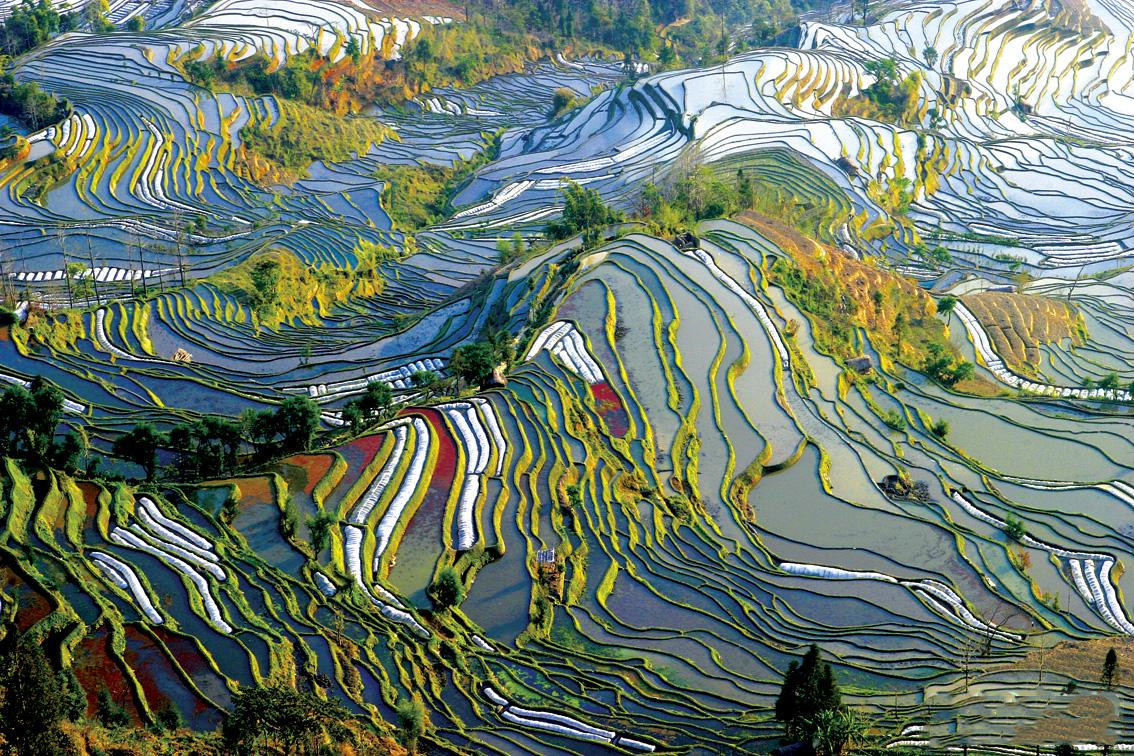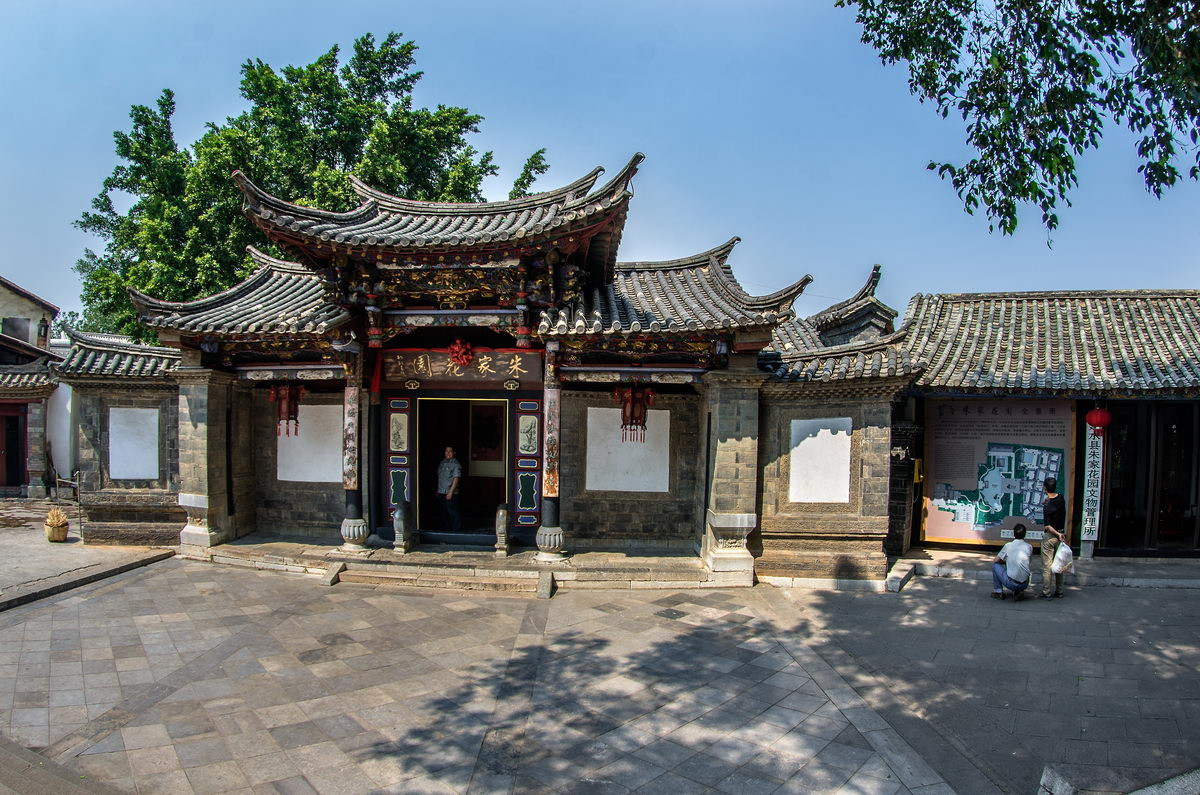Wild Elephant Valley
Chinese Name: 野象谷 (Ye Xian Gu)
Location: Mengyang Town, Jinhong City, Xishuangbanna Dai Autonomous Prefecture, Yunnan Province.
Ticket: Entrance ticket CNY60.00, roundway cable car CNY70.00
Estimated tour time: 4-5 hours
Recommended time to visit: All year round.
Nearby attractions: Tropical botanical garden, Primeval forest park, Dai Nationality Park, National Customs Garden, Ganlanba, Monglun Botanical Garden, etc.
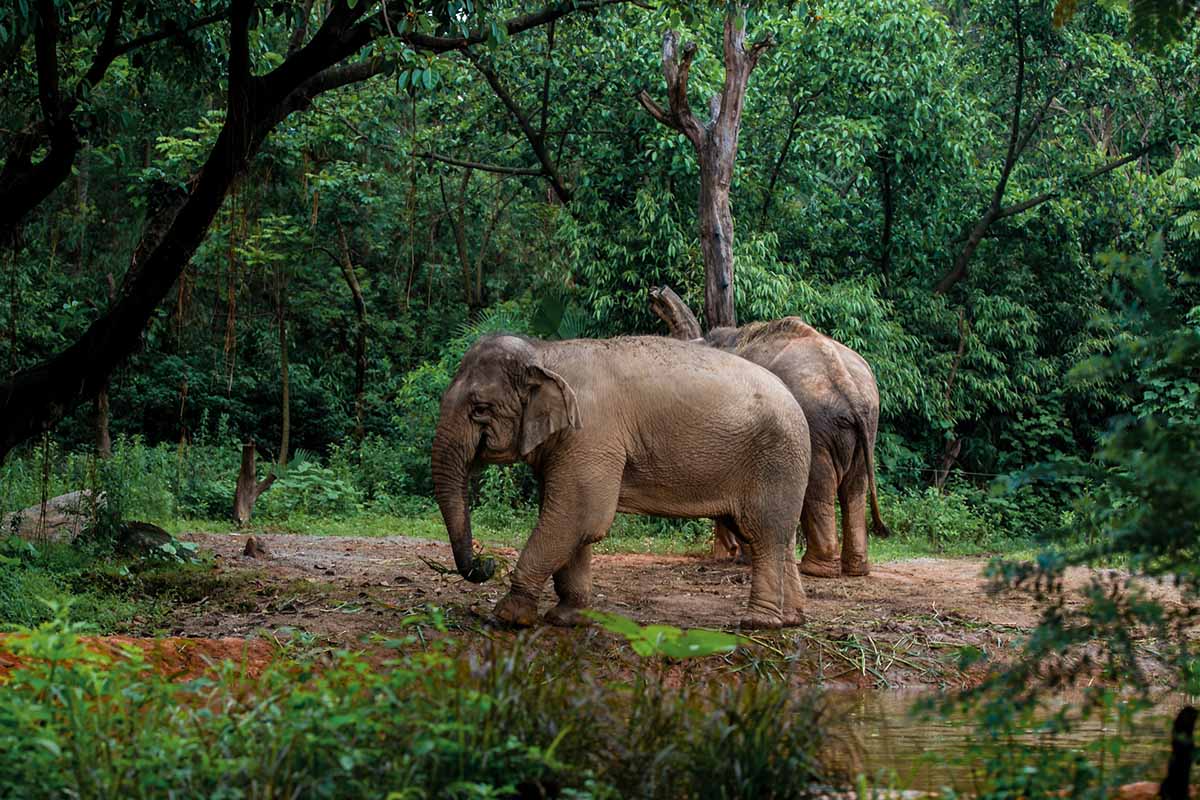
Xishuangbanna Wild Elephant Valley is located in the north of Mengyang Town in Jinghong city, a place called Sanchahe. Located in the south of Mengyang Nature Reserve, about 50 kilometers from the state capital of Jinhong City. The total area is about 370 hectares, the building area is more than 2,800 square meters, the water area is 8,000 square meters. The terrain is low mountains, shallow hills and wide valleys, 747 to 1,055 meters above sea level. Wild Elephant Valley is named for the appearance of wild elephants. Howevere, there is little chance that you can run into a wild elephant.
Since 1990, this forest park has been built centered on this place to watch wild elephants and enjoy tropical rain forest. It was officially opened to tourists in 1996. The area is crisscrossed by river valleys, dense forests, tropical rain forest scenery, the growth of Asian wild elephants, bison, green peacocks, macaques and other exotic animals. Facilities were built such as the elephant viewing corridor, tree hotel, high altitude cable car, walkway, artificial butterfly breeding garden, net cage bird garden and so on. In May 1998, the first tropical rain forest sightseeing cable car in China was built, with a total length 2063 meters and a one-way running time 35 minutes.
There is only dry and rainy season in a year in Xishuangbanna, a saying that "a long summer without winter, a rain into autumn". It is one of the few places in Yunnan province that doesn't have winter. In the coldest month of January, the average temperature here is 16 ° C, while in the hottest month, the average temperature is only 28 ° C. Such temperatures make Xishuangbanna a place where snow never falls and a place where the sun shines for a long time. The best time to visit Xishuangbanna is between November and April, when the temperature is neither too high nor too cold. It's amazing to take a trip to Xishuangbanna from June to September which gives you the opportunity to taste the tropical fruits there. From May to October, it enters the rainy season but the good road condition does not interfere with the arrival of the peak tourist season here.
There are animal viewing area, primitive forest adventure tourist area and reception center etc in the park. Asian wild elephants, bison, green peacocks, macaques and other protected animals live here. As the scenic area is in the junction of the east and west two areas of Mengyang Nature Reserve, it naturally becomes a conduit for all kinds of animals. The wild elephants here are more frequent and become the only place to watch the wild elephants in Xishuangbanna.
Wild Elephant Valley has China's first elephant training school, where visitors can watch elephant performances. In addition, there are about 50 groups of wild elephants, 300 to 350 individuals. There is a group of wild elephants haunt, wander, bathe and play on an average of 4.4 days. Visitors can also watch the elephants at night through infrared night vision goggles. The best time to watch wild elephants is in the evening, at night and in early morning.
There are only around 300 wild Asian elephants in Xishuangbanna Wild Elephant Valley. It is the national first class protected animal. Asian elephants live a long life, generally can live to be about 70 years old, mature sexually between 10 and 15 years of age and have a gestation period of 20 to 22 months, the longest in any mammal. Usually after sexual maturity and mating, each time gives birth to only one cub.
Elephants are hunted for their tusks. In fact, every elephant has tusks, divided into incisors and molars. Traditionally, the tusks refer to the long incisors of the male elephant. The incisors of elephants are genetically determined. As more elephants with incisors were killed, the dominant gene was less likely to be passed on to the next generation, and the proportion of odontists is steadily increasing.
The Asian elephant belongs to the elephant family, also known as the Indian elephant. Is the second largest mammal left in the world today, and the number has been going down. Asian elephants like to inhabit at an altitude of less than 1300 meters, where the temperature is high, the air is humid, and it is close to water sources, thick vegetation of southern Asian rainforests, monsoon rainforests and wooded valleys, gentle slopes, savannas, bamboo groves and wide areas. Among them, the elevation is between 1300 and 1000 meters, the slope is 20-30 degrees, the shady slope, there is bamboo forest, and there is water within 100 meters. Asian elephants are her
- HOTEST
- RECOMMEND
